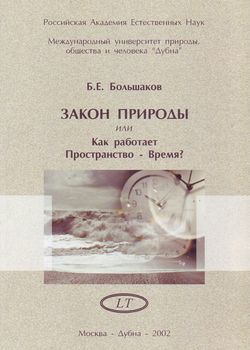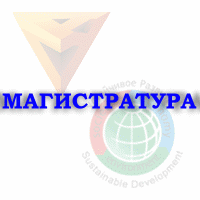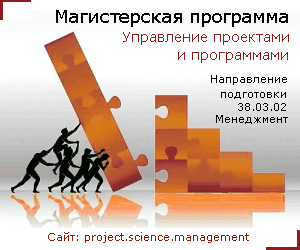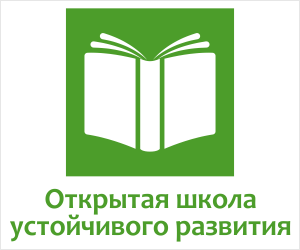Armensky Alexander Evgenievich, deputy head of Information-analytical center “Nauka” of the Russian Academy of Sciences
Kochubey Sergey Eduardovich, Doctor of Sociology, retiree
Abstract
The article is devoted to the assessment of the line of behavior of the Russian Federation in 1987-2014. The paper introduces new concepts of “promoting the creativity of life”, “countering the creativity of life”. A comparison of the lines of behavior of the USSR, the United States and Russia. When analyzing the line of behavior of a country (for the considered period of time), the internal motives of behavior and the goals pursued, as well as the attitude of the authorities to the people, become clear. After all, politics is a social form of spiritual life manifested in thinking. It is shown that since 1960 the USSR has always been in a state of spiritual decline (and crisis), which found its expression in the fracture of social attitudes and the subsequent collapse of the USSR.
KEYWORDS: the line of conduct of the state, life expectancy, quality of life, loyalty of behavior, the behavior of the USSR, the USA and Russia, the internal motives of conduct of the spiritual decline of the country, the shadow economy, evaluation of the behavior of the country.
Download article ON THE CHOICE OF THE LINE OF CONDUCT OF THE STATE![]()

 ПОСЛЕДНИЕ ЭКЗЕМПЛЯРЫ ТИРАЖА
ПОСЛЕДНИЕ ЭКЗЕМПЛЯРЫ ТИРАЖА





